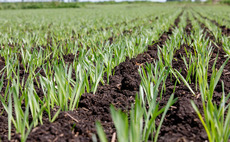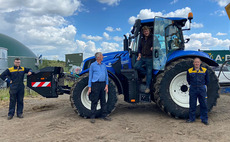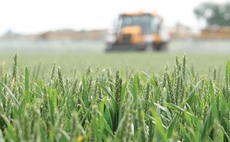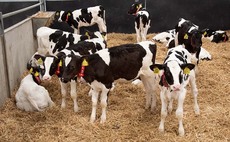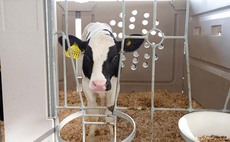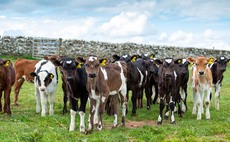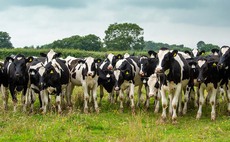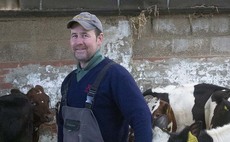Author profile
Arable
The principles behind Horsch are at the heart of a good carbon management strategy. Founded in 1984, Horsch says its focus has always been on no-till and min-till farming.
Arable
The Defra Farm Practices Survey shows that just under 50% of farmers are not acting to reduce greenhouse gas (GHG) emissions from their farm, with nearly 75% quoting the fact they are unsure of what to do or lack of information as the reason for not acting.
Arable
Ben Sell, who is based at a 300-hectare family-run farm close to the New Holland factory at Basildon and runs a farming and contracting operation with his family, has been one of a small group of tractor users testing the pre-production T6.180 Methane Power tractor.
Arable
Origin Fertilisers is supporting farmers in reducing their carbon footprint and increasing the sustainability of farming through its NUTRI-CO2OL® service and NUTRI-MATCH tools.
Livestock
Nearly all farmers taking part in a recent calf survey recognised the link between well reared heifers and future performance, yet data suggests there is huge scope for producers to drive efficiencies further.
Livestock
Two key strains of Mannheimia haemolytica bacteria are likely to be responsible for pneumonia in calves, with a third of unknown pathogenic status.
Livestock
The potential to drive genetic gain, make more informed breeding decisions and improve efficiencies begs the question as to why you would not genomically test heifers.
Livestock
Feeding the right amount of a quality milk replacer so that heifer calves hit growth rate targets will positively impact on their performance once they enter the herd.
Livestock
Choosing a specially formulated calf milk replacer alongside top-notch management has helped one Dorset family to address issues with calf scours.
Read the digital edition here

 24 September 2021
•
7 min read
24 September 2021
•
7 min read
